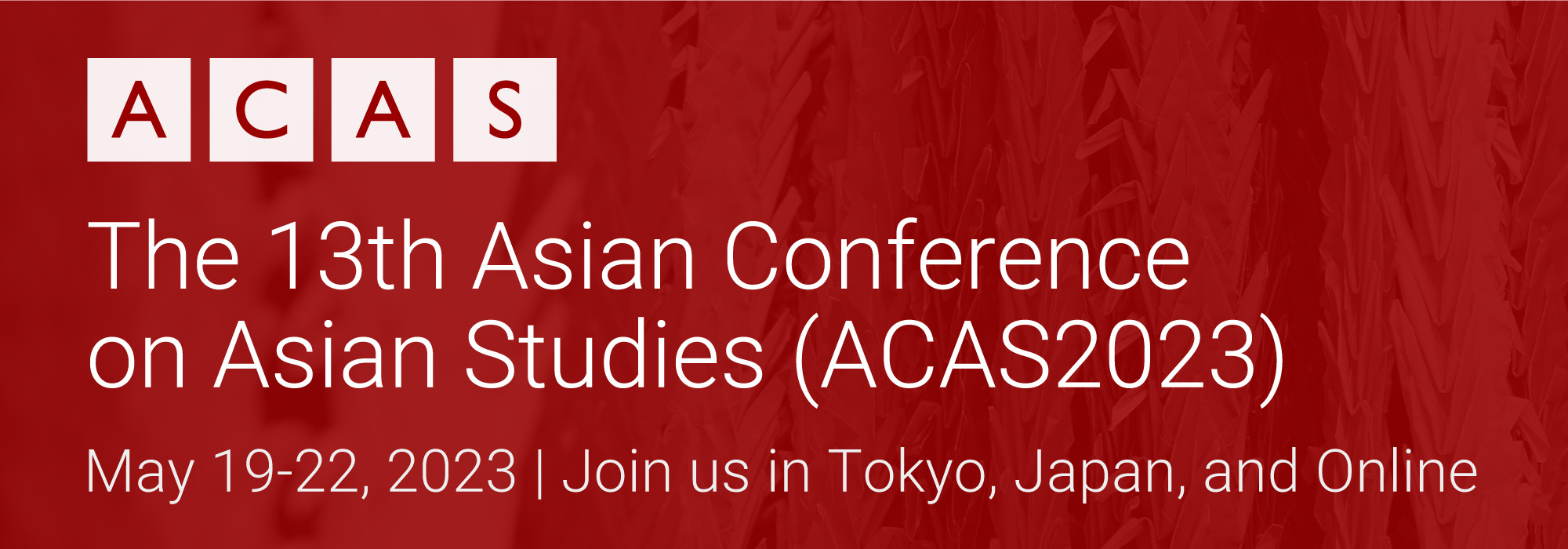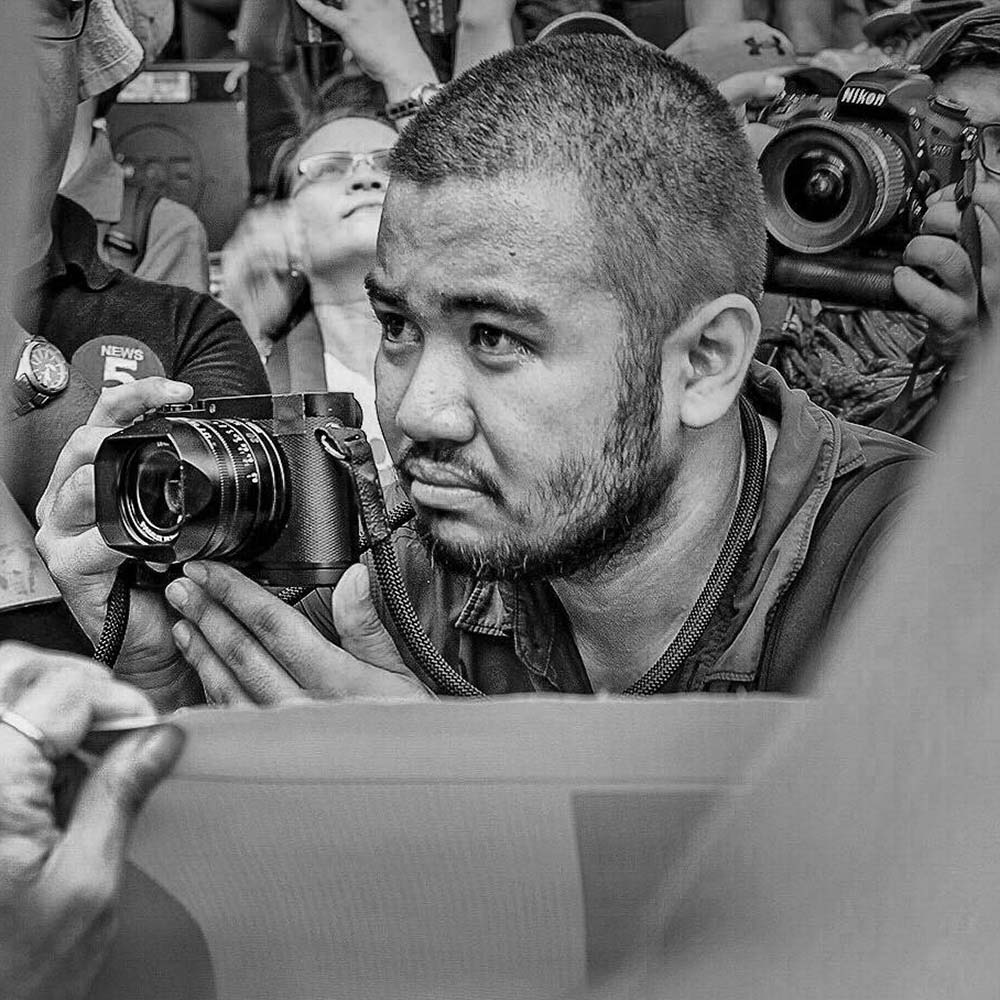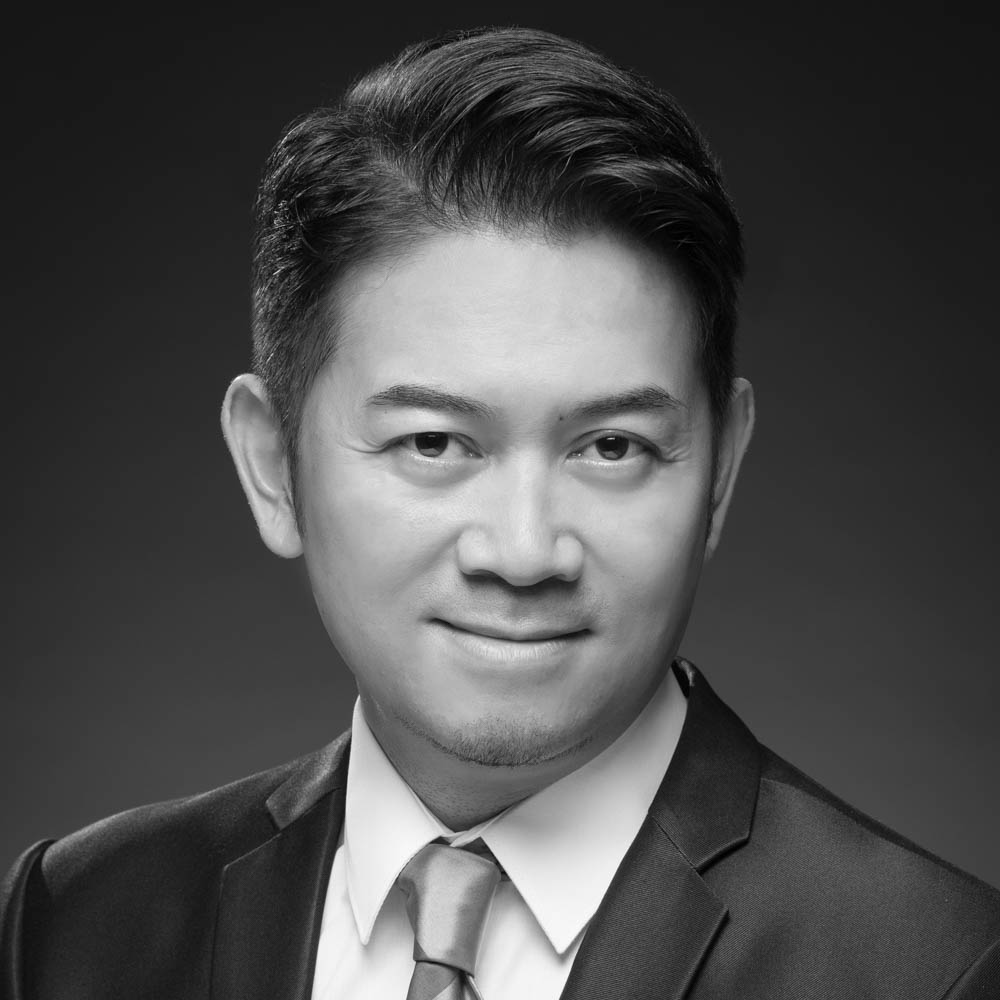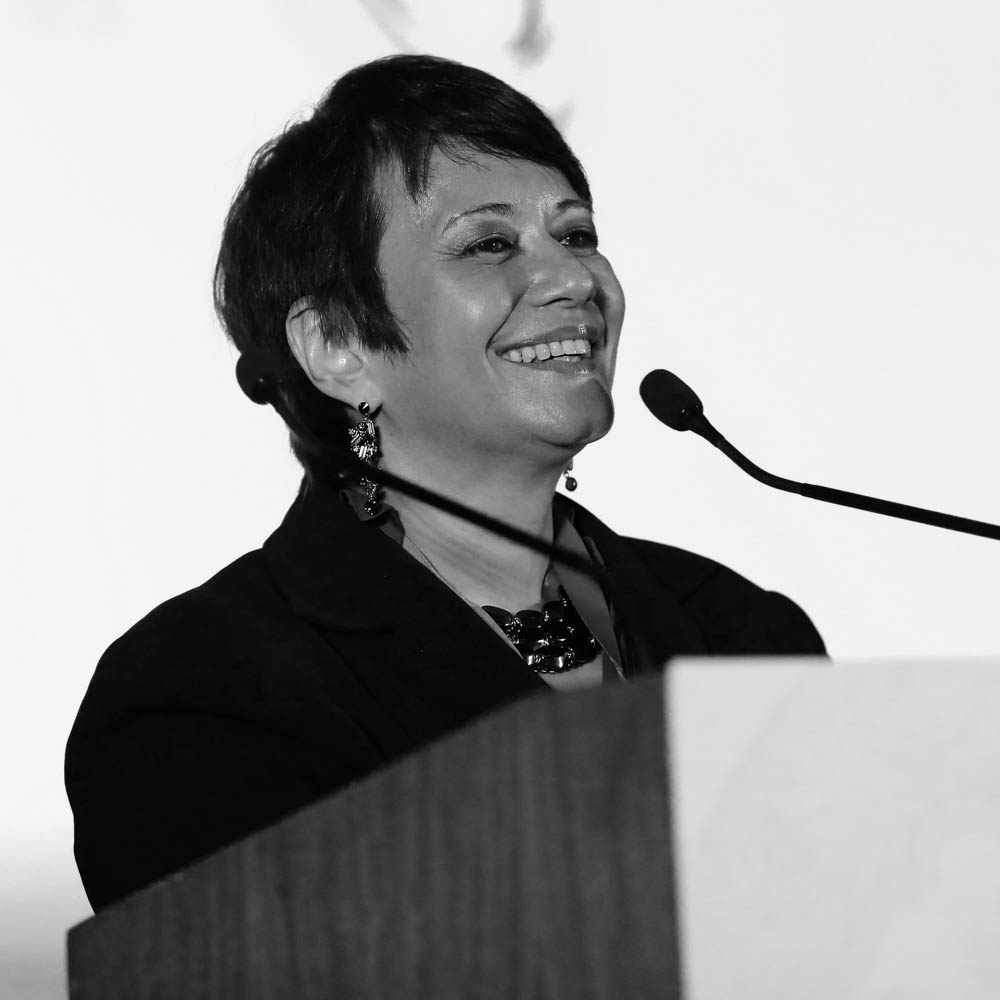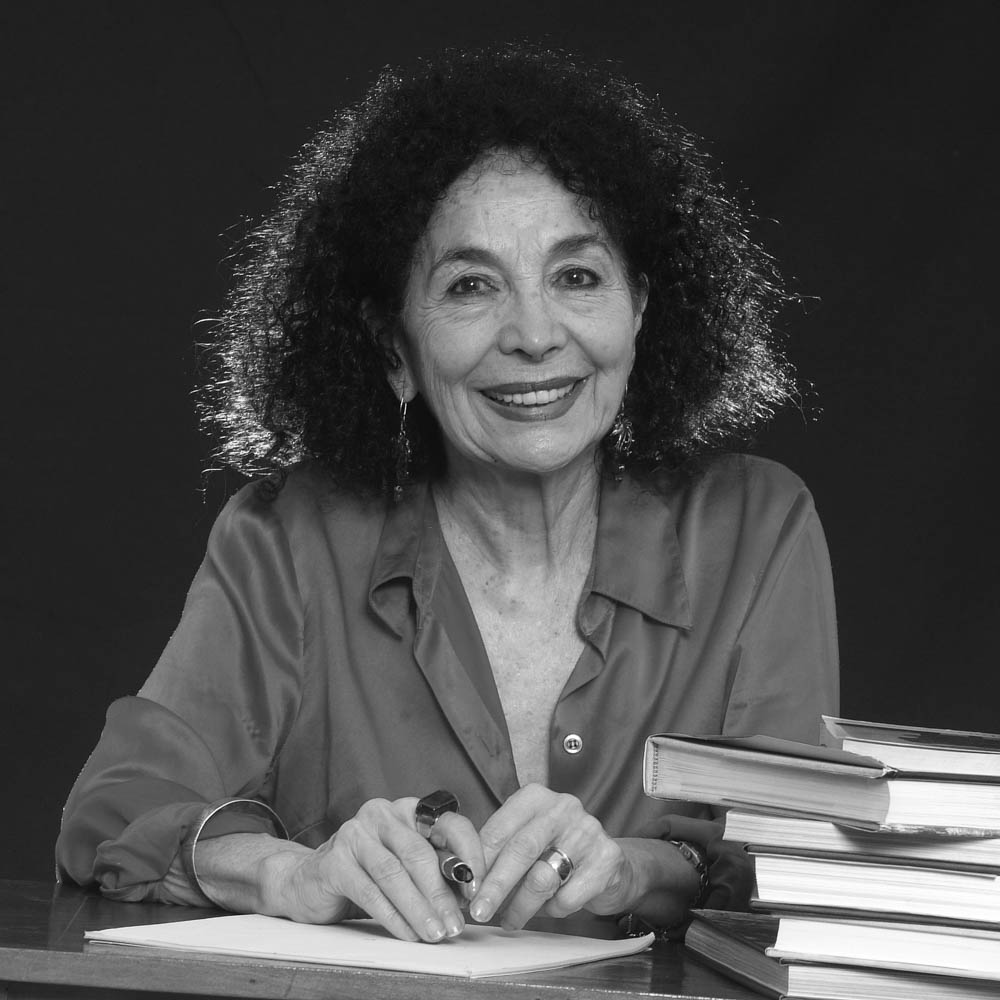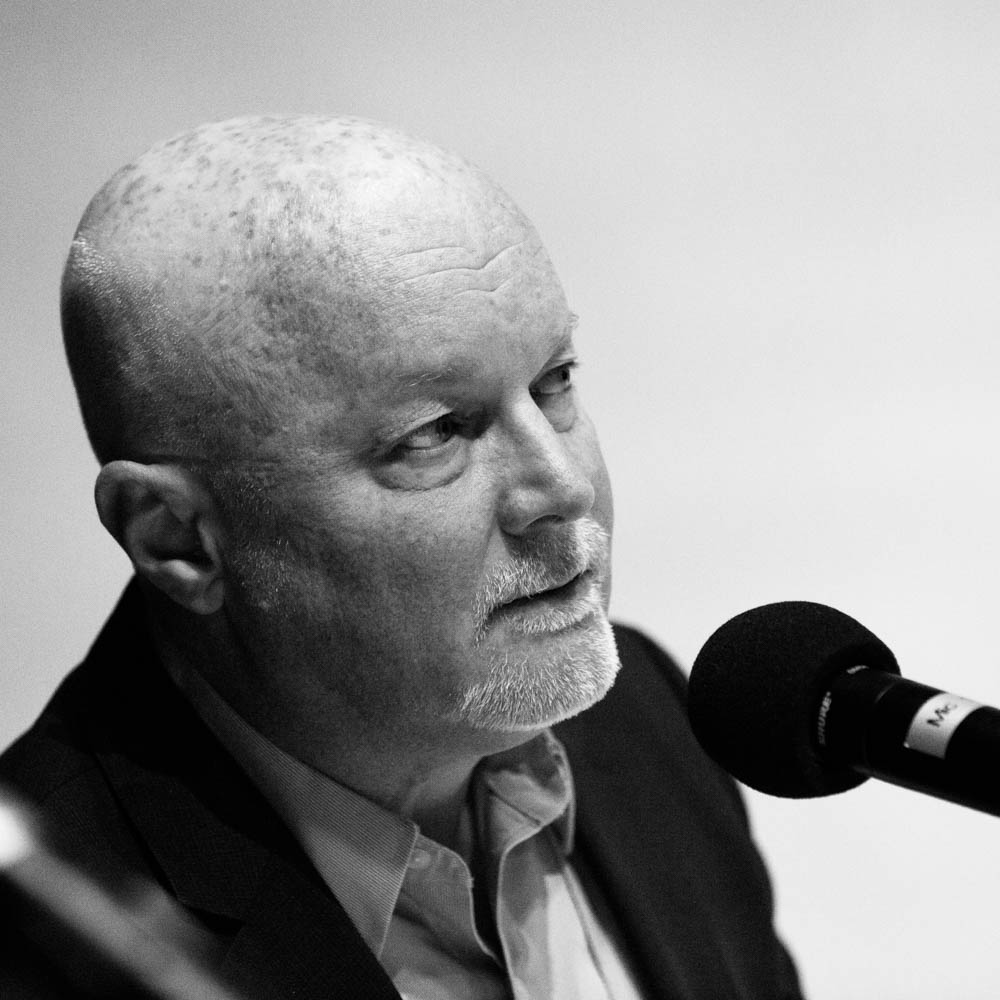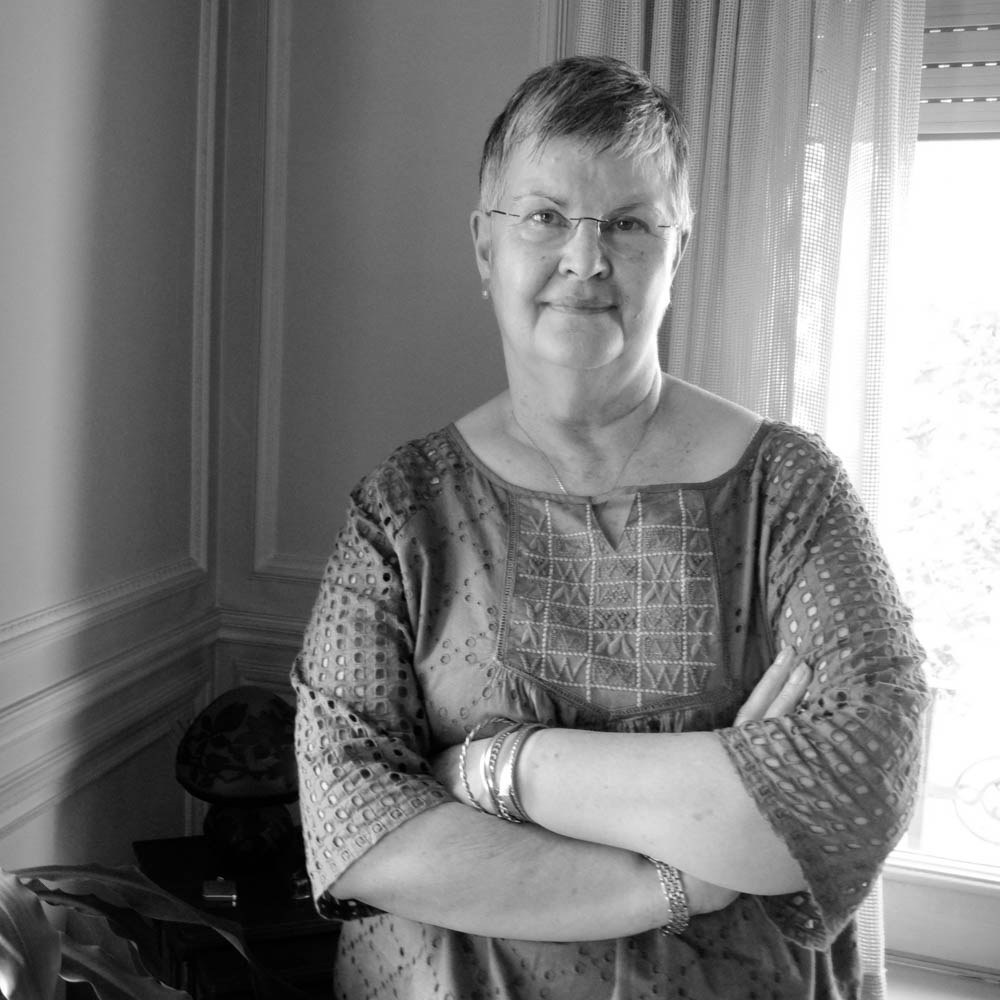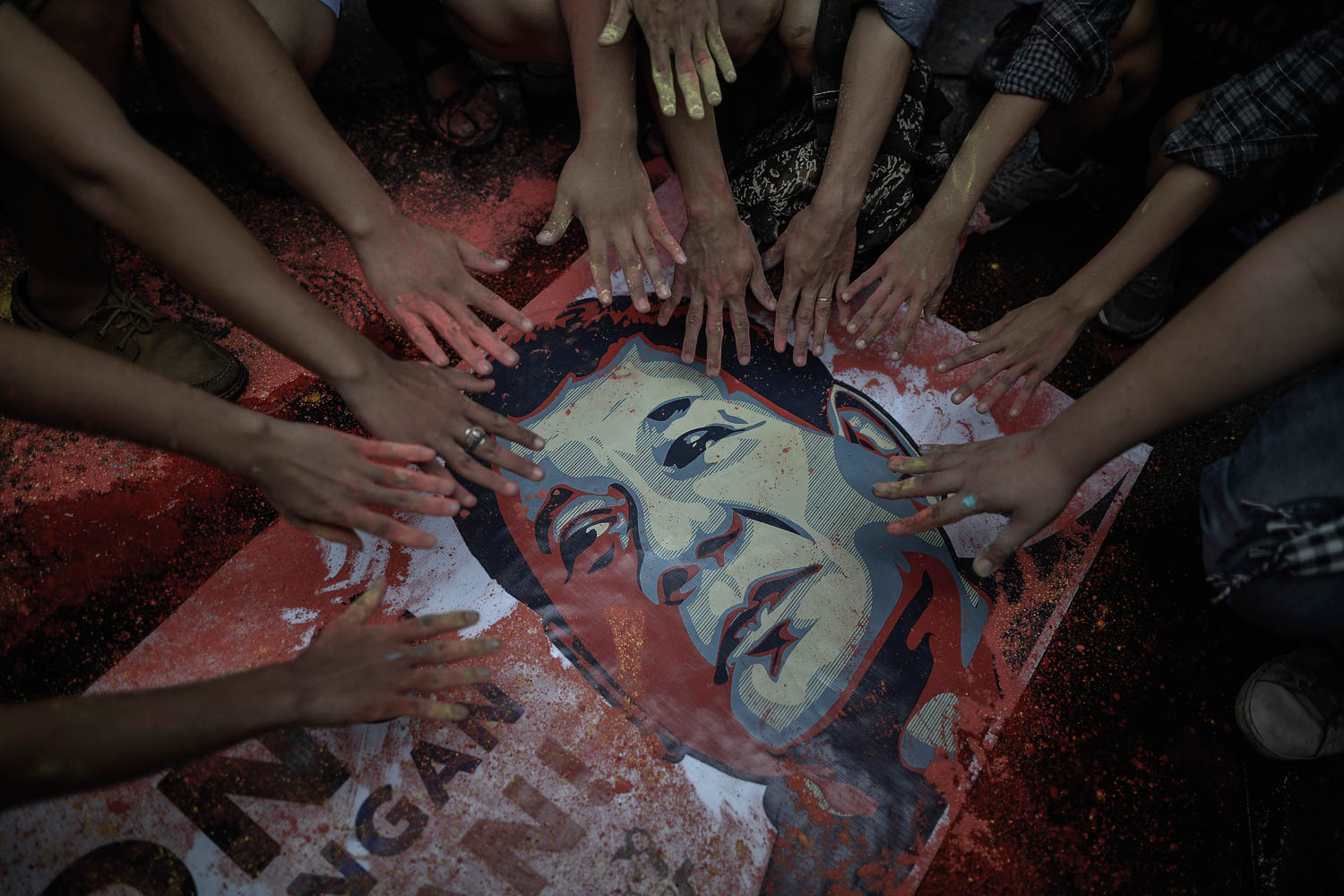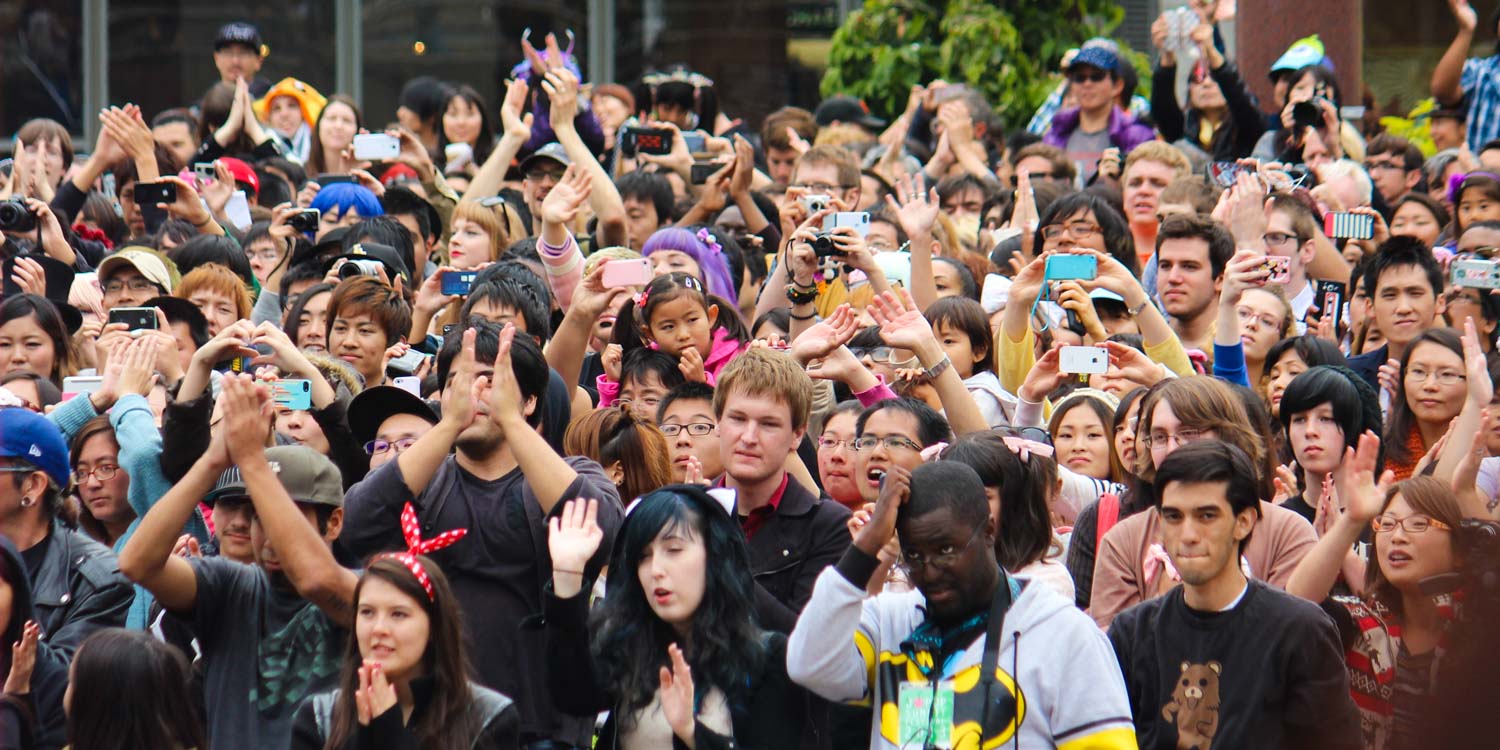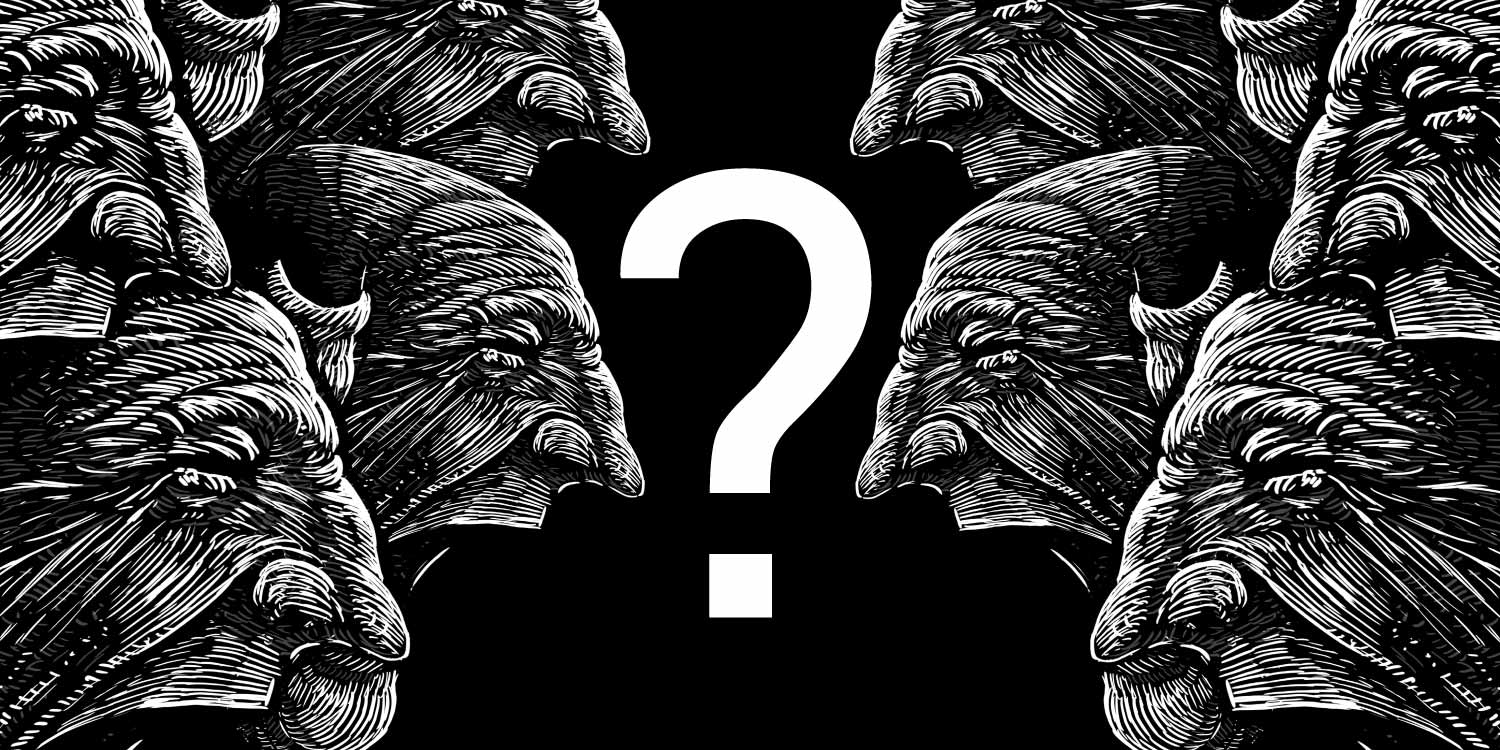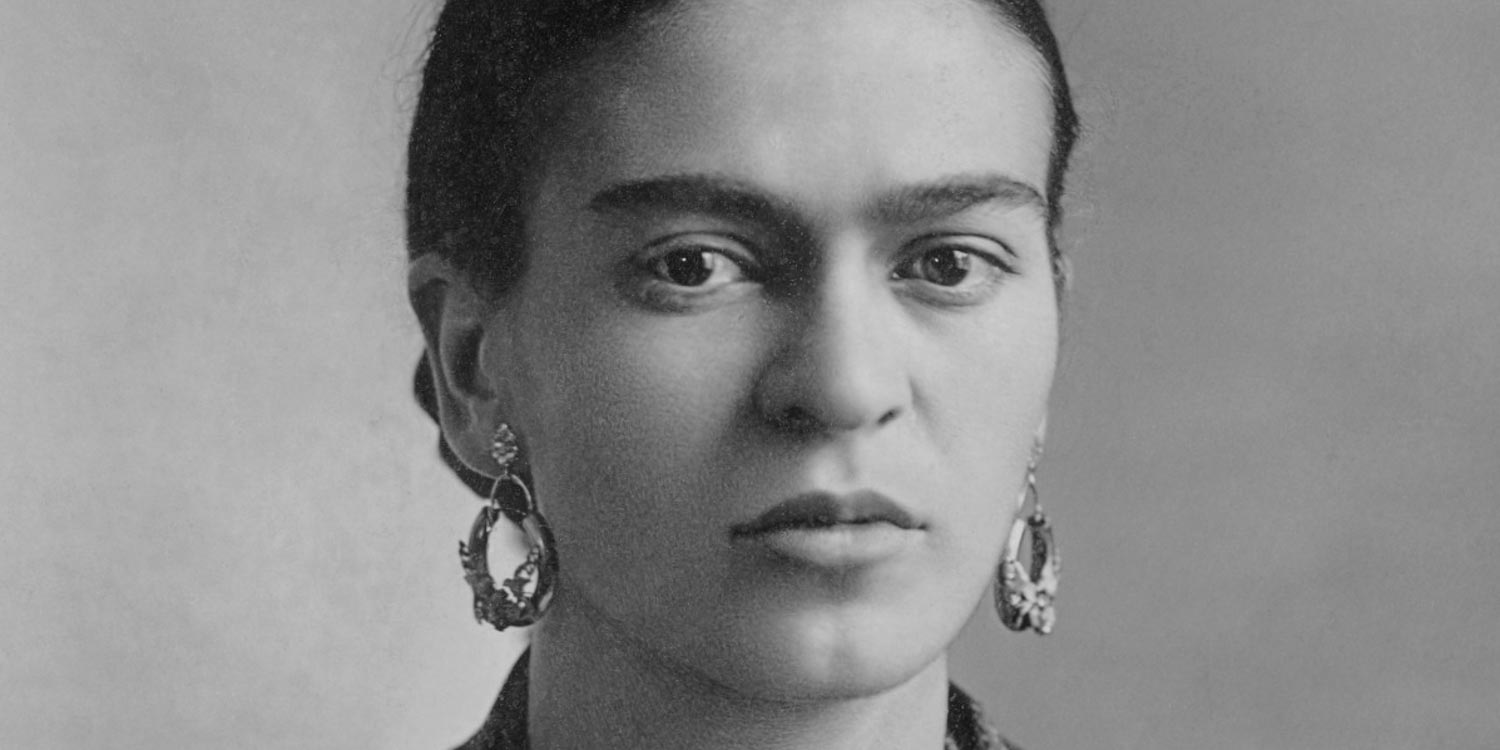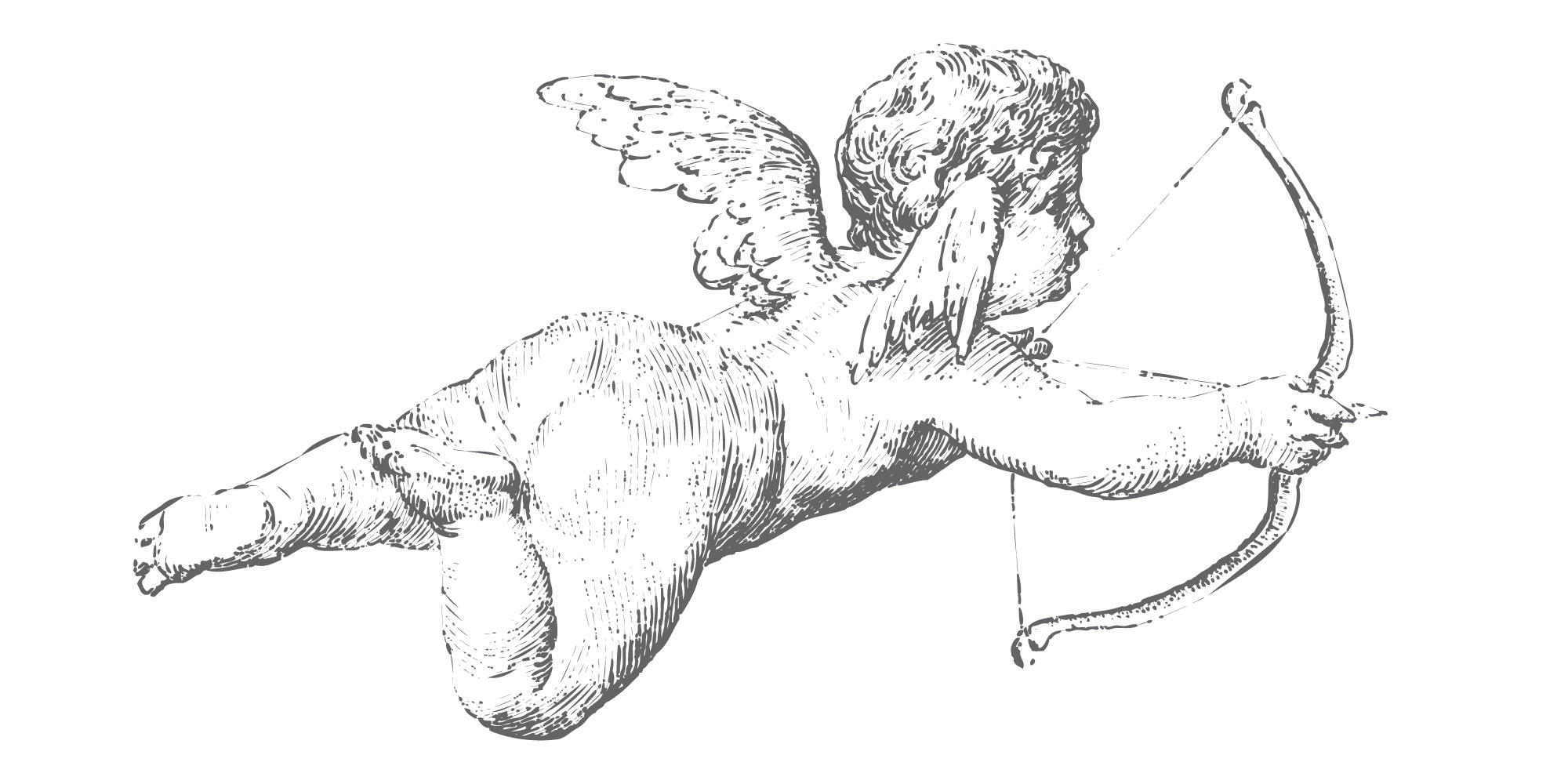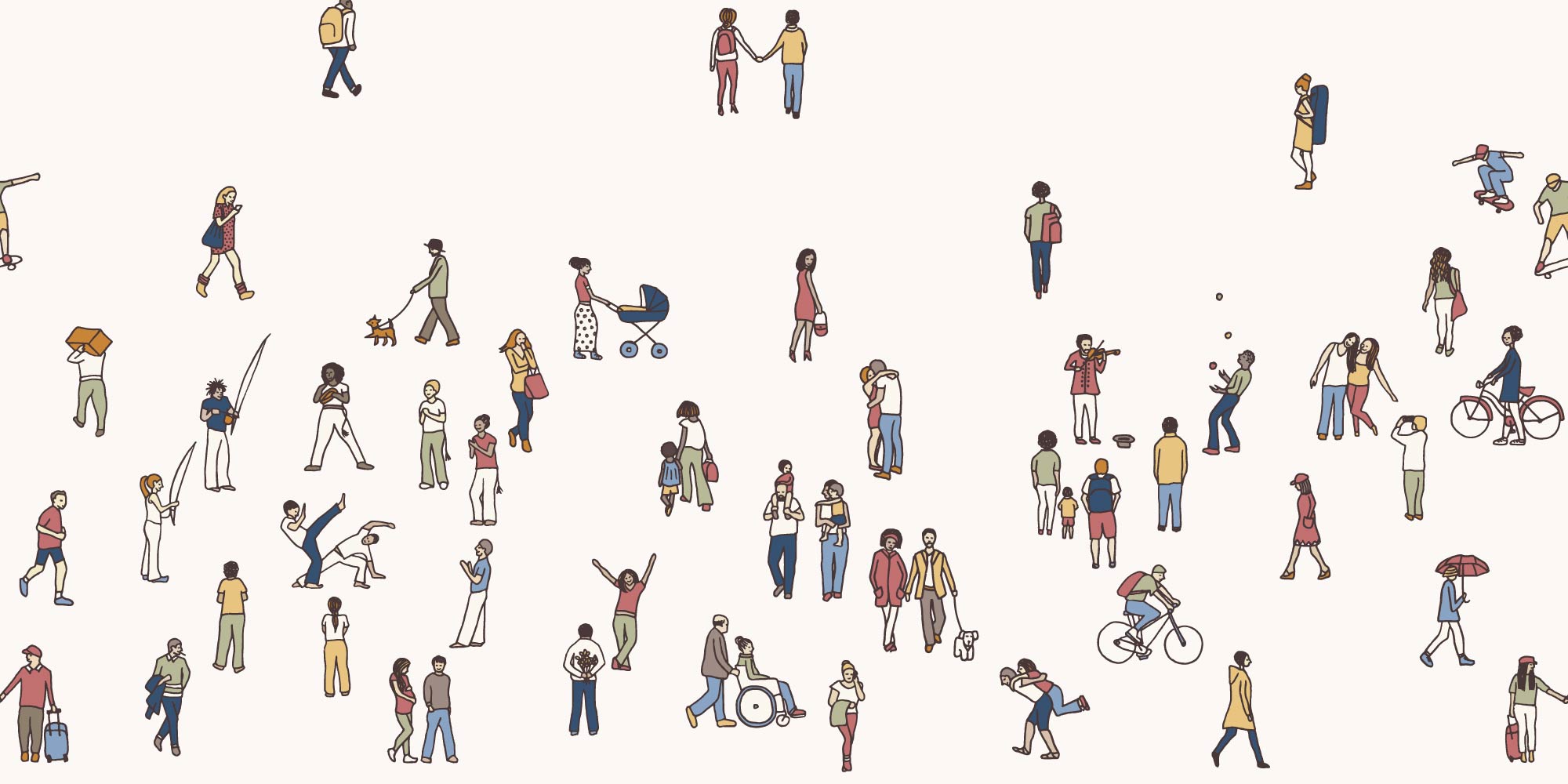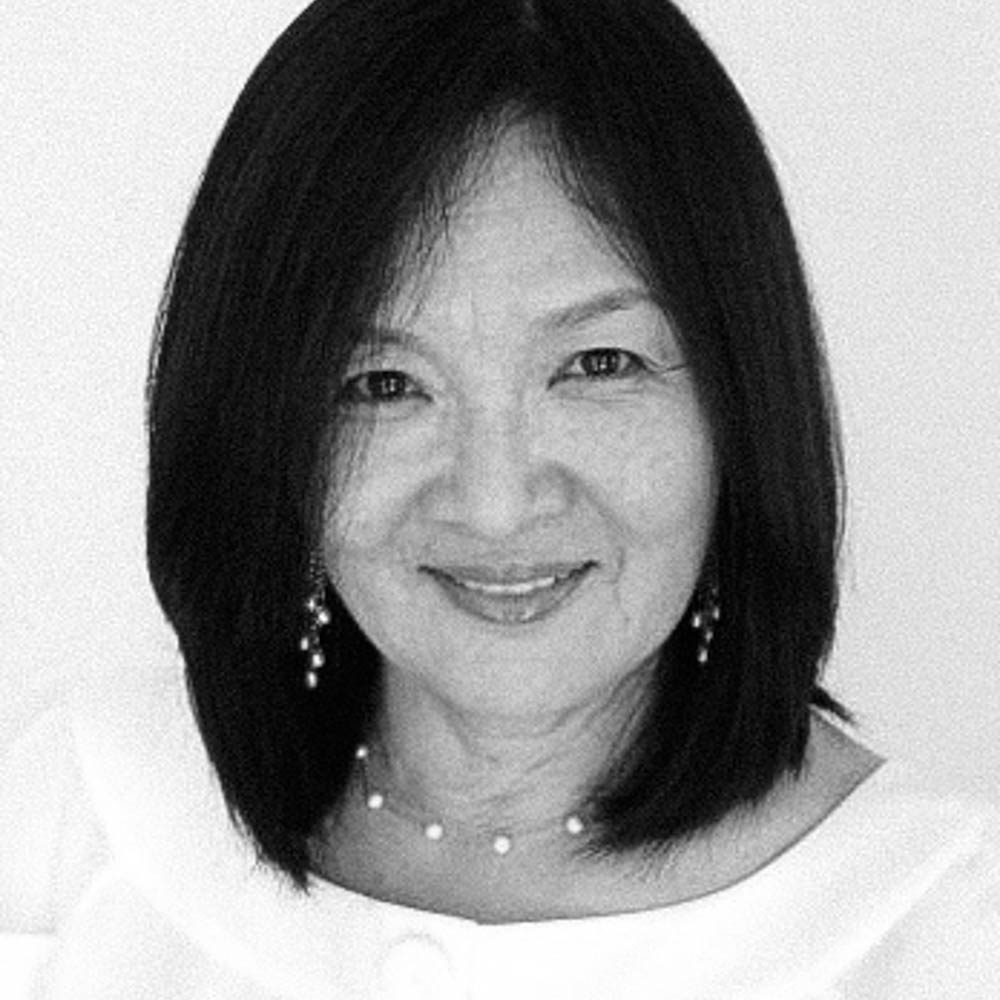Conference Theme: "Reclaiming the Future"
May 24-26, 2019 | Toshi Center & Tokyo Garden Terrace Kioicho, Tokyo
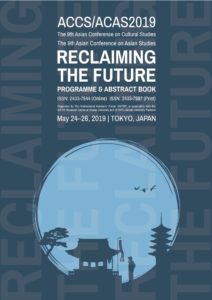 We live in a period characterised by rises in regionalism, nationalism and authoritarianism; a time of great global uncertainty and anxiety, as well as inequality and iniquity which both reflects and drives political divide, and undermines international systems of cooperation. Clashes of identities, beliefs and ideologies are evident in academia, media and the arts, contributing to a feeling that humanity is spiraling out of control; that our relationships with each other, as well as with the earth and environment, have never been worse.
We live in a period characterised by rises in regionalism, nationalism and authoritarianism; a time of great global uncertainty and anxiety, as well as inequality and iniquity which both reflects and drives political divide, and undermines international systems of cooperation. Clashes of identities, beliefs and ideologies are evident in academia, media and the arts, contributing to a feeling that humanity is spiraling out of control; that our relationships with each other, as well as with the earth and environment, have never been worse.
Yet, as humans, we are not conditioned by fear alone, but instead by a remarkable ingenuity, and a capacity for hope, self-reflection, activism and action. This agency to improve our own lives, and those of others, is the theme of this international conference, inviting us to consider the ways in which we contextualise and process the past, reimagining ourselves, our relationships, and our environments; driving positive change and reclaiming the future as a time we look towards with hope, and even optimism.
The organisers encourage submissions that approach the conference theme from a variety of perspectives. However, the submission of other topics for consideration is welcome and we also encourage sessions within and across a variety of interdisciplinary and theoretical perspectives. Abstracts should address one or more of the streams listed on the Call for Papers page, identifying a relevant sub-theme.
ACAS is organised by IAFOR in association with the IAFOR Research Centre at the Osaka School of International Public Policy (OSIPP) in Osaka University, Japan.
Conference Report
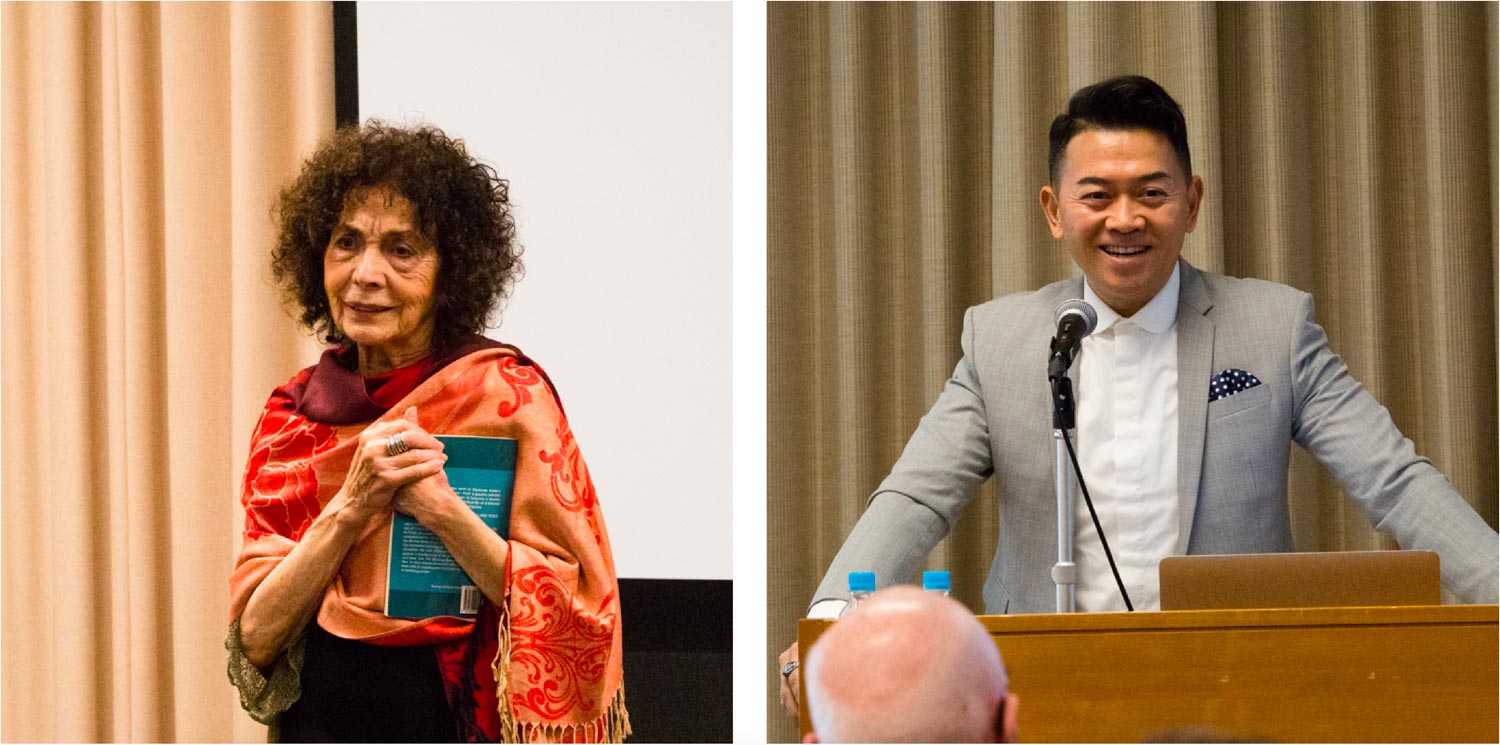
Above left: Novelist, playwright and poet Gloria Montero delivers a powerful dramatic reading from her internationally-renowned play, Frida K. at the concurrently held Asian Conferences on Cultural Studies and Asian Studies (ACCS/ACAS2019) in Tokyo. Above right: Professor John Nguyet Erni, of Hong Kong Baptist University, Hong Kong, used his Keynote Presentation “Inhabiting the Open” to explore ideas of the self and the other and how people find belonging in the world.
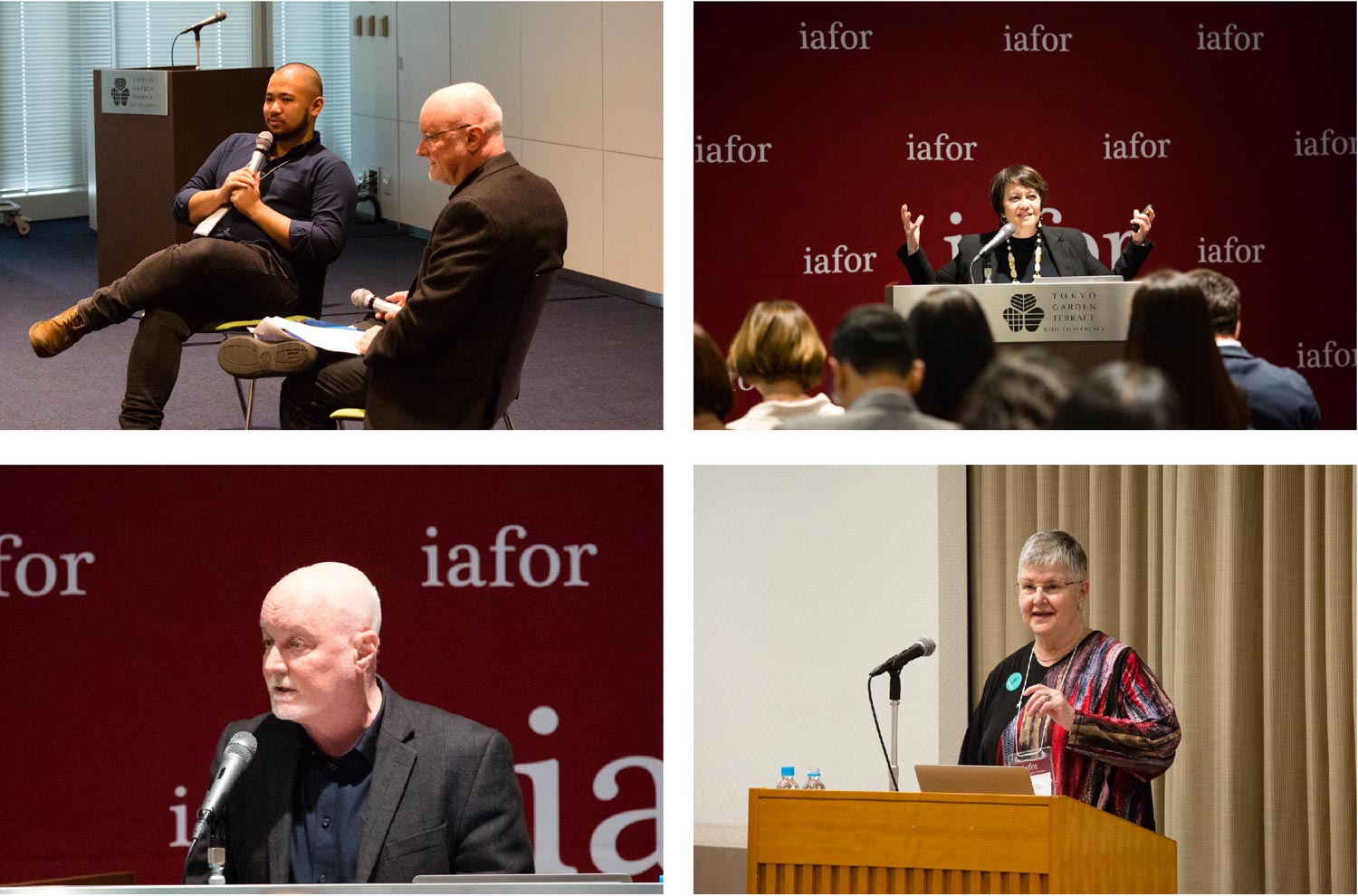
Above clockwise from top left: Winner of the 2018 IAFOR Documentary Photography Award, Ezra Acayan, talks of his work as a documentary photographer in the Philippines, in an interview with Professor Donald Hall, Dean of the Faculty of Arts, Sciences and Engineering at the University of Rochester, USA. Filmmaker Keiko Bang of Bang Singapore Pte Ltd, Singapore, discusses the spread of fandom and what applications the findings could have in spreading information beyond pop culture. Professor Sue Ballyn of Barcelona University, Spain, in her keynote presentation, “Can we agree to disagree? Unreclaimable Futures”, responds to questions relating to how the elderly are being failed. In his own Keynote Presentation, titled “Resisting the Cynical Turn: Projections of a Desirably Queer Future”, Professor Donald Hall spoke to the conference theme of “Reclaiming the Future” by embracing positive narratives, concentrating on the possible, and encouraging artists, writers, philosophers, and theorists to “challenge and change the world”.
Speakers
-
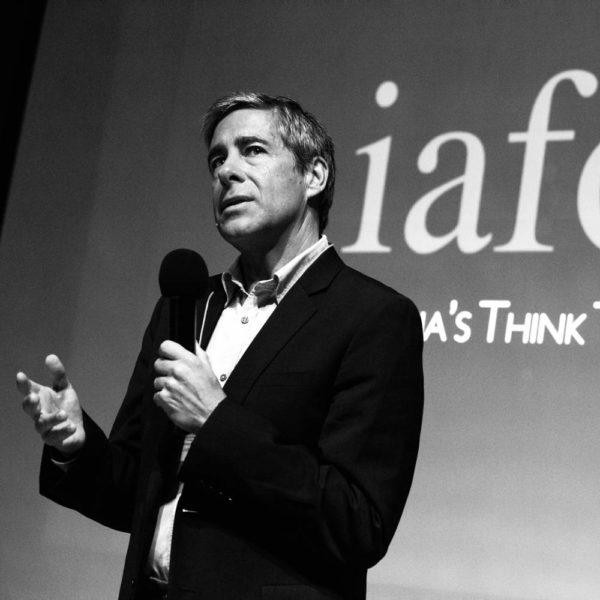 Baden OffordCentre for Human Rights Education, Curtin University, Australia & Cultural Studies Association of Australasia
Baden OffordCentre for Human Rights Education, Curtin University, Australia & Cultural Studies Association of Australasia -
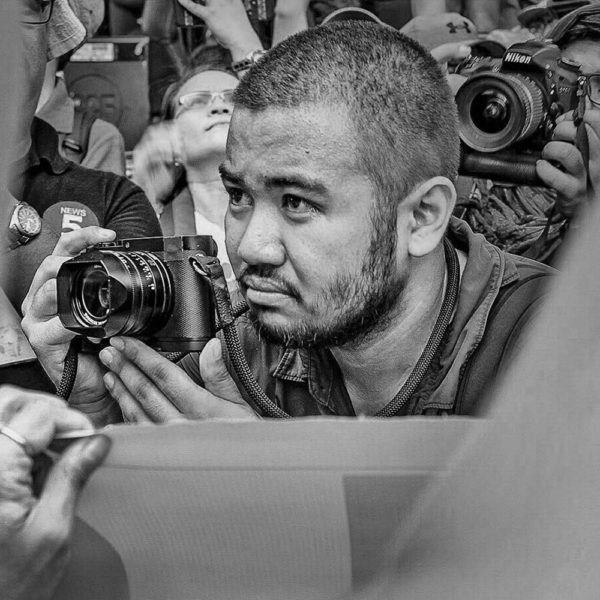 Ezra AcayanDocumentary Photographer
Ezra AcayanDocumentary Photographer -
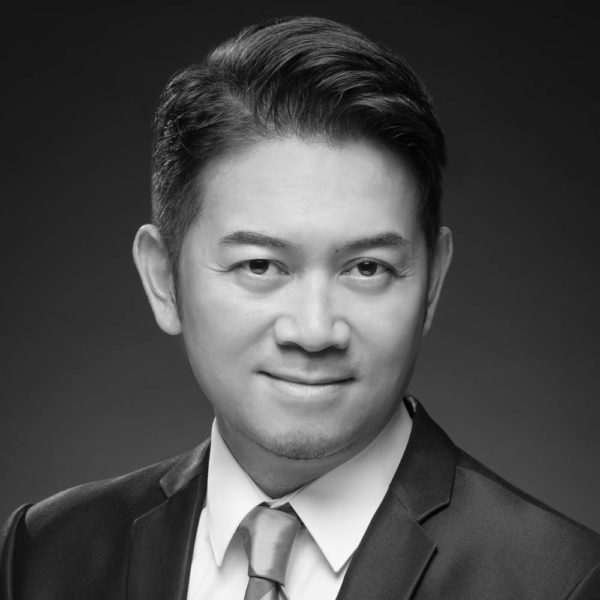 John Nguyet ErniHong Kong Baptist University, Hong Kong
John Nguyet ErniHong Kong Baptist University, Hong Kong -
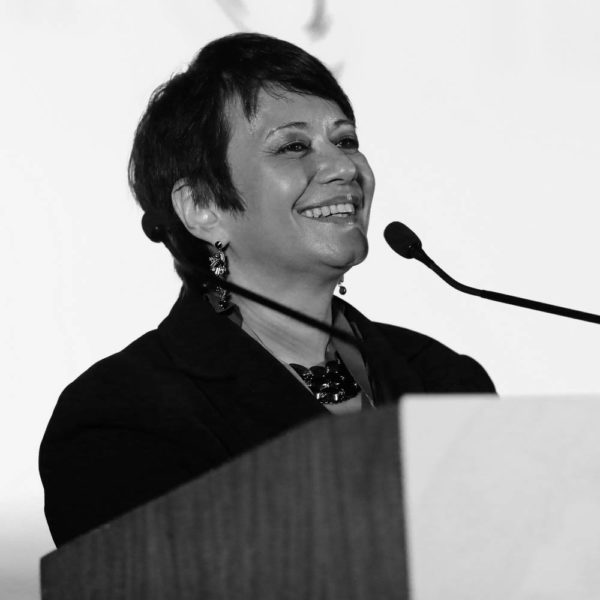 Keiko BangBang Singapore Pte Ltd
Keiko BangBang Singapore Pte Ltd -
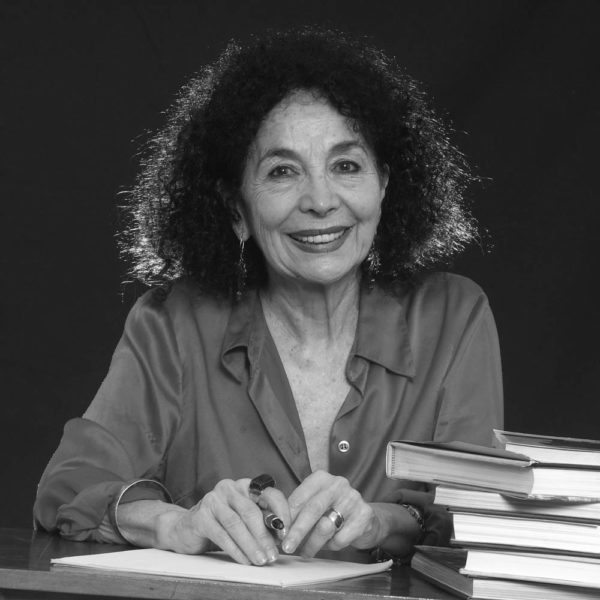 Gloria MonteroNovelist, Playwright & Poet
Gloria MonteroNovelist, Playwright & Poet -
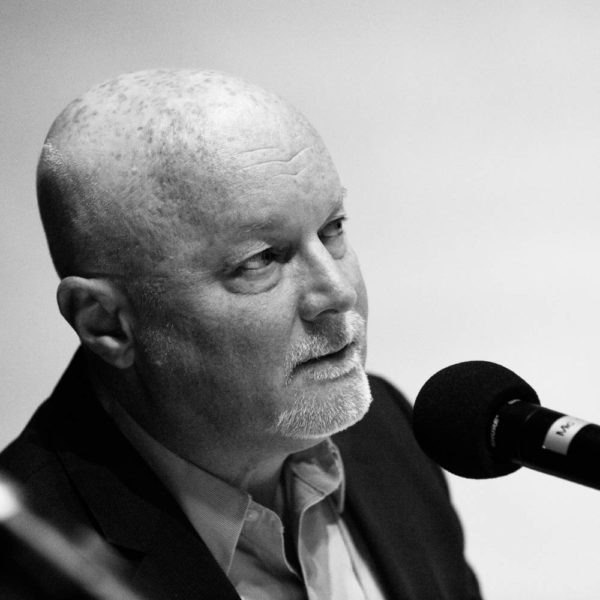 Donald E. HallUniversity of Rochester, United States
Donald E. HallUniversity of Rochester, United States -
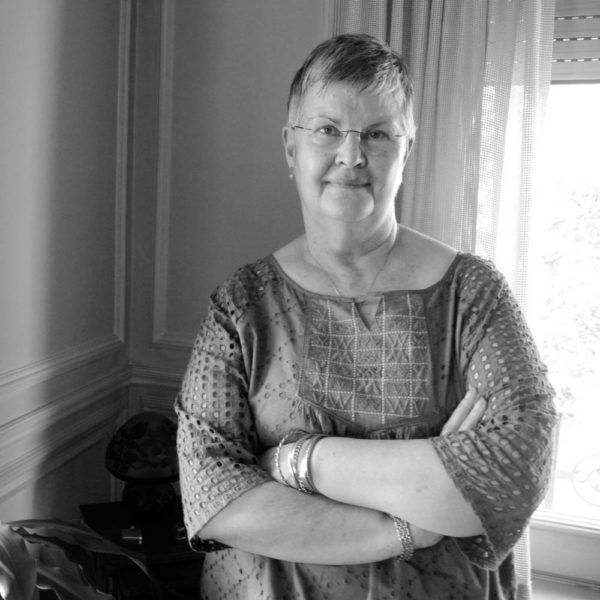 Sue BallynUniversity of Barcelona, Spain
Sue BallynUniversity of Barcelona, Spain
Programme
-
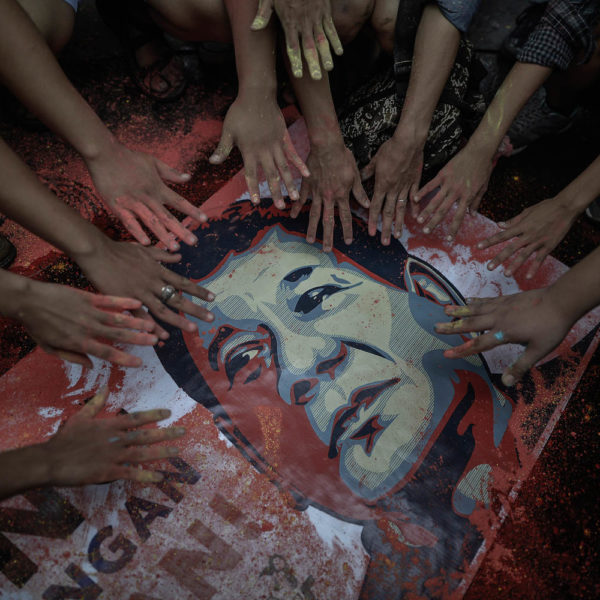 IAFOR Documentary Photography Award & InterviewIAFOR Documentary Photography Award Screening & Interview: Ezra Acayan, Donald E. Hall
IAFOR Documentary Photography Award & InterviewIAFOR Documentary Photography Award Screening & Interview: Ezra Acayan, Donald E. Hall -
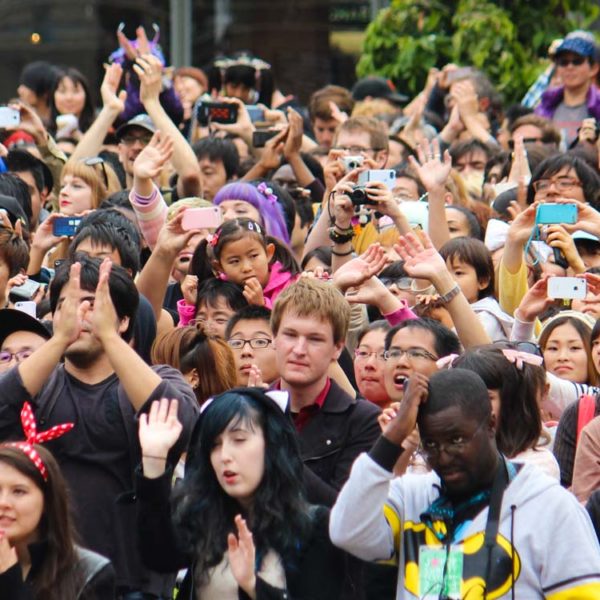 I am a Fan of FandomKeynote Presentation: Keiko Bang
I am a Fan of FandomKeynote Presentation: Keiko Bang -
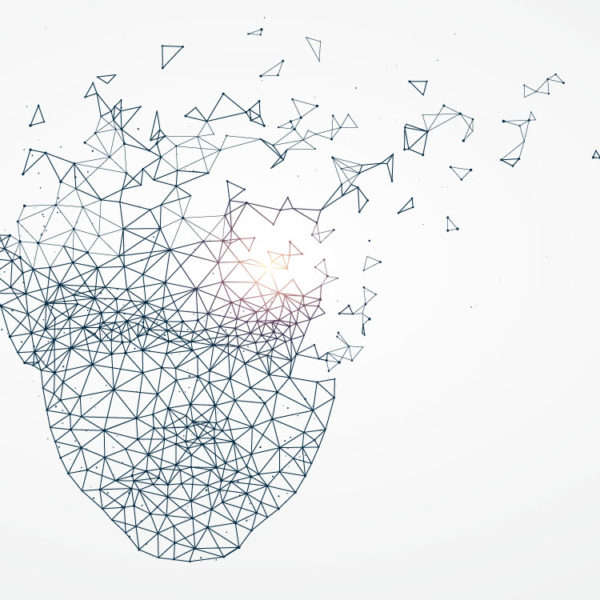 An Eco-humanising Post To The FutureKeynote Presentation: Baden Offord
An Eco-humanising Post To The FutureKeynote Presentation: Baden Offord -
 Can we agree to disagree? Unreclaimable FuturesKeynote Presentation: Sue Ballyn
Can we agree to disagree? Unreclaimable FuturesKeynote Presentation: Sue Ballyn -
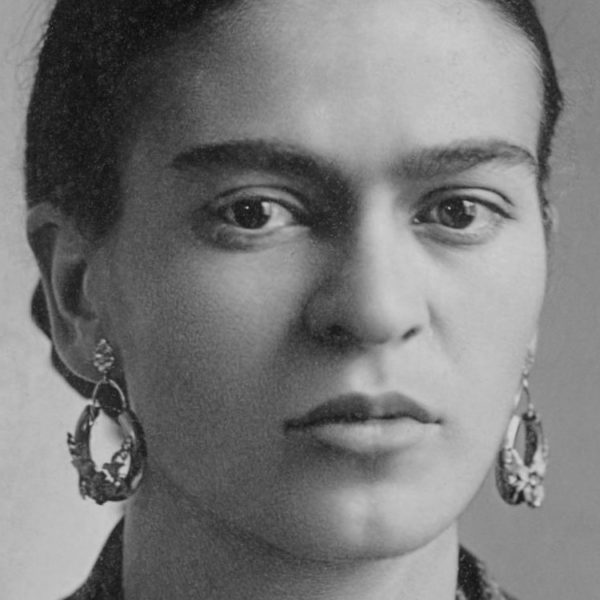 Frida K. – a dialogue for a single actressKeynote Presentation: Gloria Montero
Frida K. – a dialogue for a single actressKeynote Presentation: Gloria Montero -
 Resisting the Cynical Turn: Projections of a Desirably Queer FutureKeynote Presentation: Donald E. Hall
Resisting the Cynical Turn: Projections of a Desirably Queer FutureKeynote Presentation: Donald E. Hall -
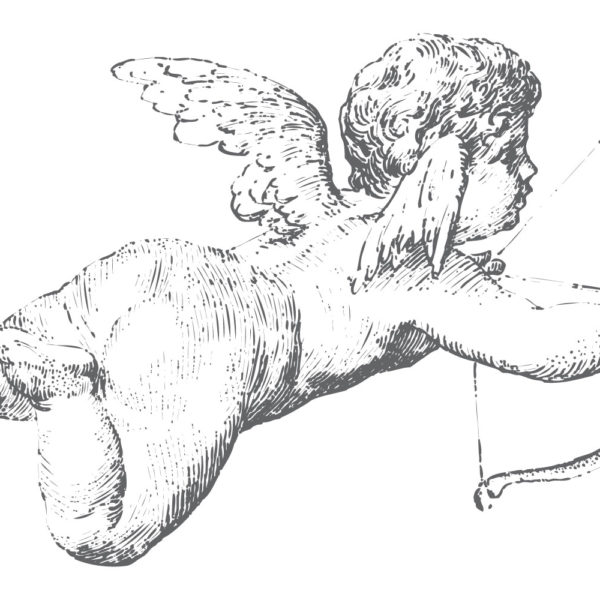 Love as an AlgorithmKeynote Presentation: Gloria Montero
Love as an AlgorithmKeynote Presentation: Gloria Montero -
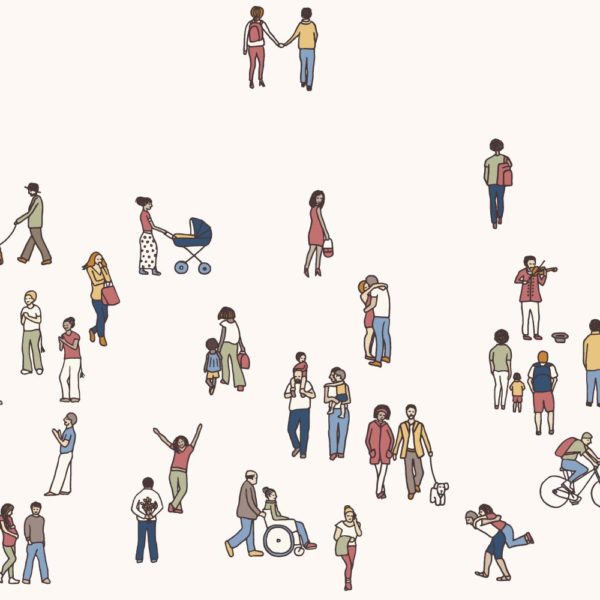 Inhabiting the OpenKeynote Presentation: John Nguyet Erni
Inhabiting the OpenKeynote Presentation: John Nguyet Erni
Organising Committee
The Conference Programme Committee is composed of distinguished academics who are experts in their fields. Conference Programme Committee members may also be members of IAFOR's International Academic Board. The Organising Committee is responsible for nominating and vetting Keynote and Featured Speakers; developing the conference programme, including special workshops, panels, targeted sessions, and so forth; event outreach and promotion; recommending and attracting future Conference Programme Committee members; working with IAFOR to select PhD students and early career academics for IAFOR-funded grants and scholarships; and overseeing the reviewing of abstracts submitted to the conference.
-
 Baden OffordCentre for Human Rights Education, Curtin University, Australia & Cultural Studies Association of Australasia
Baden OffordCentre for Human Rights Education, Curtin University, Australia & Cultural Studies Association of Australasia -
 Donald E. HallUniversity of Rochester, United States
Donald E. HallUniversity of Rochester, United States -
 Sue BallynUniversity of Barcelona, Spain
Sue BallynUniversity of Barcelona, Spain -
 Joseph HaldaneThe International Academic Forum (IAFOR), Japan
Joseph HaldaneThe International Academic Forum (IAFOR), Japan -
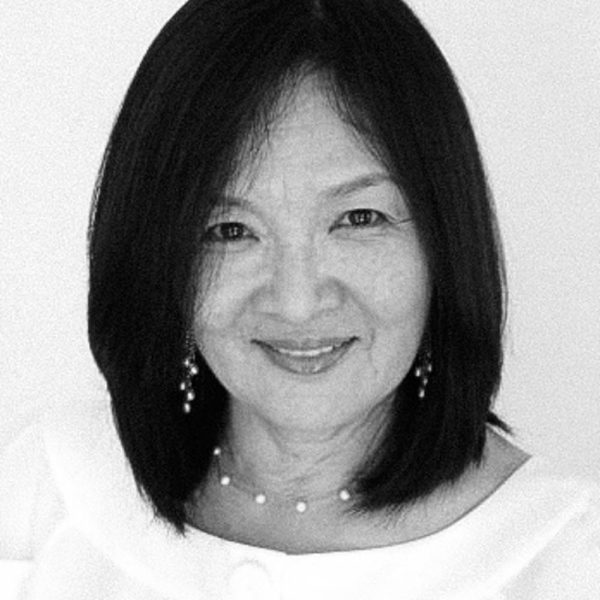 Seiko YasumotoUniversity of Sydney, Australia
Seiko YasumotoUniversity of Sydney, Australia
ACCS/ACAS2019 Review Committee
- Dr Hang Kuen Chua, Universiti Sains Malaysia, Malaysia
- Professor Jimmy Soria, University of Northern Philippines, Philippines
- Dr Adriano Balagot, City University of Marikina, Philippines
- Dr Alexandre Avdulov, Saint Mary's University, Canada
- Dr Yoshihiko Yamamoto, Shizuoka University, Japan
- Dr Durgesh Kasbekar, Independent Scholar/Researcher, Canada
- Dr Helena Vasques de Carvalho, ISCTE-IUL, Portugal
- Dr Joy Spiliopoulos, University of Nottingham Ningbo China, China
- Professor Jungman Park, Hankuk University of Foreign Studies, South Korea
- Dr Mutiara Mohamad, Fairleigh Dickinson University, United States
- Dr Nishevita Jayendran, Tata Institute of Social Sciences, India
- Dr Preechaya Krukaset, Suan Sunandha Rajabhat University, Thailand
- Dr Sarath Simsiri, Suan Dusit University, Thailand
- Dr Susan Bacud, University of the Philippines Los Banos, Philippines
- Dr Anand Wadwekar, School of Planning and Architecture Bhopal, India
- Dr Xuying Yu, The Open University of Hong Kong, Hong Kong
IAFOR Research Centre (IRC) – “Innovation and Value Initiative”
The IAFOR Research Centre (IRC) is housed within Osaka University’s School of International Public Policy (OSIPP), and in June 2018 the IRC began an ambitious new “Innovation and Value Initiative”. Officially launched at the United Nations in a special UN-IAFOR Collaborative Session, the initiative seeks to bring together the best in interdisciplinary research around the concept of value, on how value can be recognised, and measured, and how this can help us address issues and solve problems, from the local to the global.
